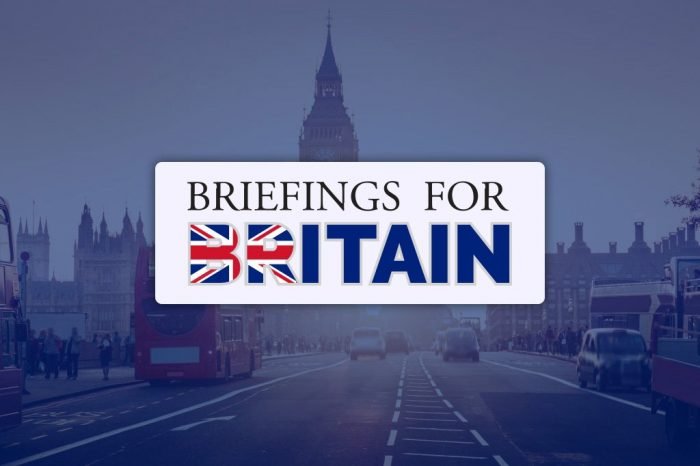More educational bias
Anyone who has taken part in debates at schools and universities will know that supporters of “leave” face an uphill battle in trying to sell the noble cause of withdrawal to young people, While one study suggests that some 80% of pensioners support withdrawal, something like 80% of under-24s support remaining in the EU.
There is no doubt that this is due to the pro-EU material which has been widely used in schools recently. Of course, it’s our money which ultimately funds this stuff and most of our MPs aren’t that bothered. In January 2014, the House of Commons debated the Europe Citizens’ Programme, a five-year programme costing €185 billion to fund educational projects that seek to enhance both the understanding of EU institutions and European integration. One MP put it in these words: “This grant-making exercise is aimed at providing propaganda, as I see it, for purposes of political union.” Only 32 MPs opposed it in the Second Reading and only 30 in the final stages.
It is nonetheless good that some schools genuinely want an open debate on the EU and both your author and our Chairman, Edward Spalton, have been happy to accept invitations to speak in these debates. Unfortunately, not all schools are prepared to be so even-handed. A correspondent mentioned to me how her 14-year old granddaughter was disciplined by a teacher at a school in Cumbria for criticising the EU. Reports also have circulated of schools singing pro-EU songs. Readers may recognise the pro-EU cartoon (above) where the teacher uses the phrase “ignorant extremist” to describe the boy’s father, just because he believes in national sovereignty.
However, the worst example to come to light of pro-EU bias can be found in an audio clip, sent to us by another supporter. It features a talk by Dr Tony Arnold of the EU Law department at Birmingham University. It begins on a perfectly sensible note, advising students to register for the coming referendum and pointing out that if the referendum is held on 23rd June, it will be at the start of the summer vacation. Dr Arnold then rightly says “This is a really big moment for the future of this country”, but the bias that then follows is frankly appalling:-
“Your children and your grandchildren will say to you, ‘Did you cast your vote?’ and if you say ‘no’ they will say, ‘why didn’t you cast your vote? You might have affected the outcome. Look at the disaster which has befallen the United Kingdom since it decided by the smallest of margins of withdraw from the European Union.’”
No, Dr Arnold. This is nonsense. It would be a disaster if we decided to remain in the European Union. However, if we are to convince young people that we’re better off out, we must not resort to similar scare tactics but instead, to paint a positive picture of the benefits of exit. As I drove home from losing a debate last Friday, for all my own strong convictions on the subject, I found myself asking, “How do I tell people, especially young people, in the short slot of time we are usually allocated in these debates, just exactly why we would be better off?” It’s a question which isn’t as easy to answer as you might think, but one we all need to ask ourselves if we are to win.







